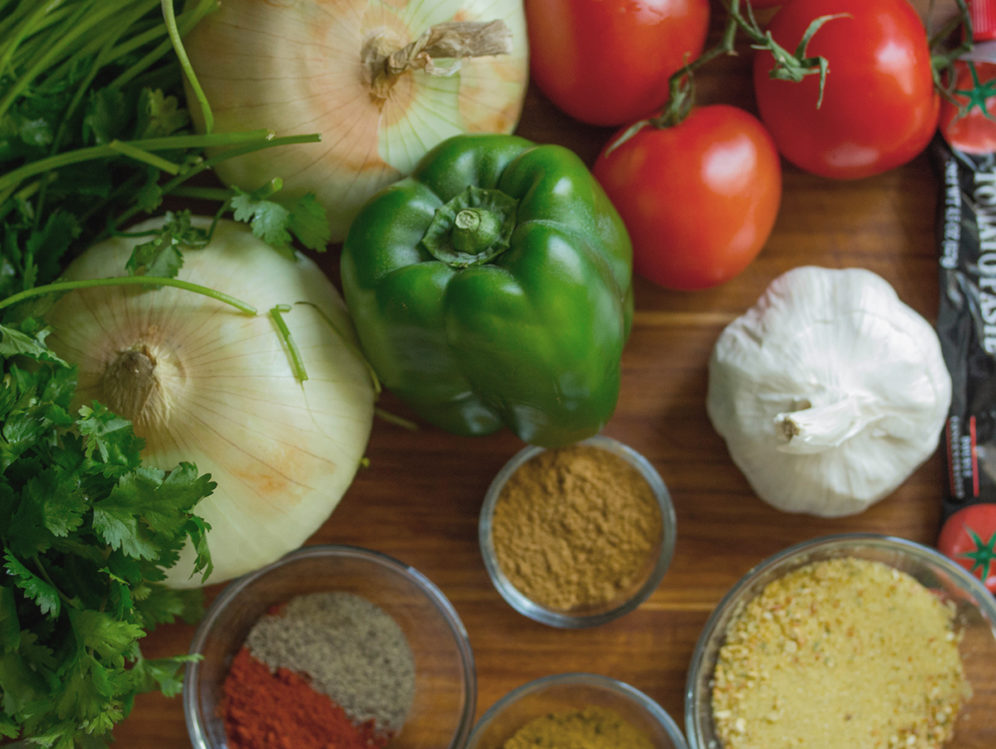Over thousands of years Turmeric has laid claim to many benefits and it stands true today.Turmeric’ s many health benefits include blood clot prevention, blood sugar control, is an anti-inflammatory, reduces depression, boost skin health, regulate cholesterol and also used as a natural pain reliever. Recently speaking with a primary care physician I was in awe that he recommends this herb to the majority of his patients. Turmeric is gaining a lot of momentum in the nutrition world today. The food industry is getting on board and turmeric can now be seen in teas, kombucha, specialty drinks and elixirs.
Yet, do we really know what makes this herb so popular? What is the research saying?
Turmeric is one of the most widely researched herbs on the market. Many researchers are debating the stability and validity of this herb. One article stated Turmeric is not absorbed enough in the body while others question if it is the work of Curcumin or other substances in the herb that are causing the above effects?
Studies have reported that turmeric used as a pain reliever can work just as well as Ibuprofen. The Arthritis foundation sites several studies in which Turmeric has reduced inflammation. To be honest I have myself advised a lot of clients on taking Turmeric especially for inflammation and it seems to be meet with positive side effects. Whether these effects are due to curcumin or another component in the herb the positive side of taking this supplement should not be ignored.
When looking at the forms of Turmeric and what is best some research indicates pills are the way to go while others report taking a 2 teaspoons in a drink or food can also be beneficial. Dosing for the supplements ranges from 800mg to 2400mg. If you are taking other medications please consult with your physician prior to adding a supplement to your diet to ensure that there are not interactions.
Turmeric’s Many Health Benefits


